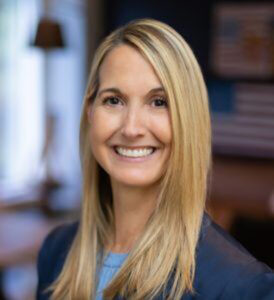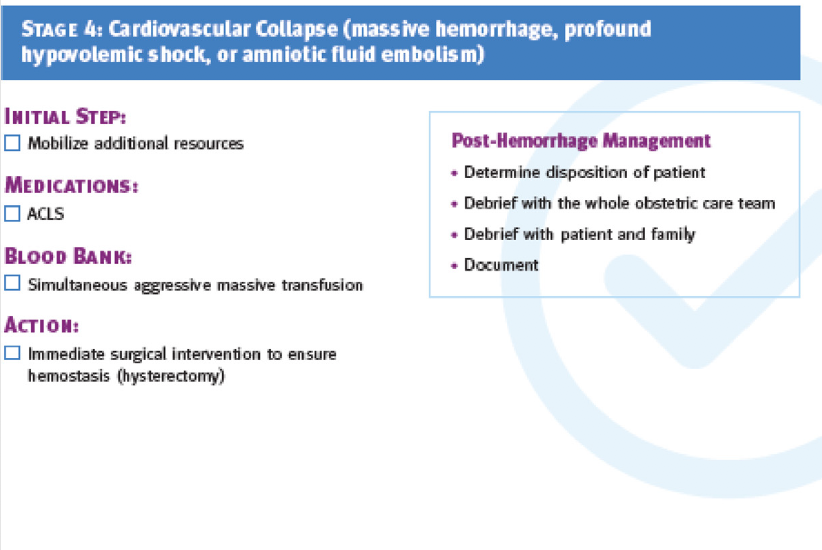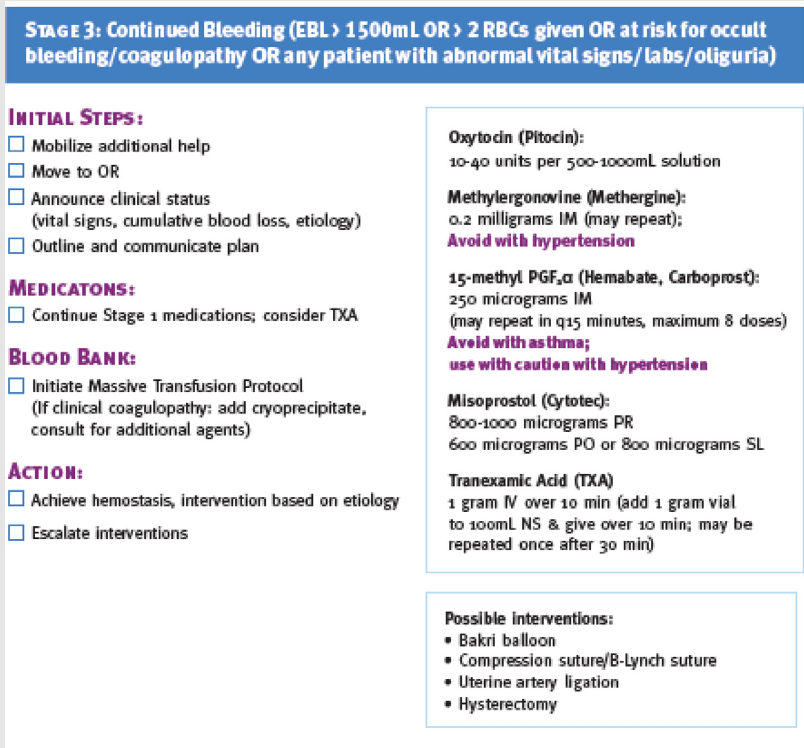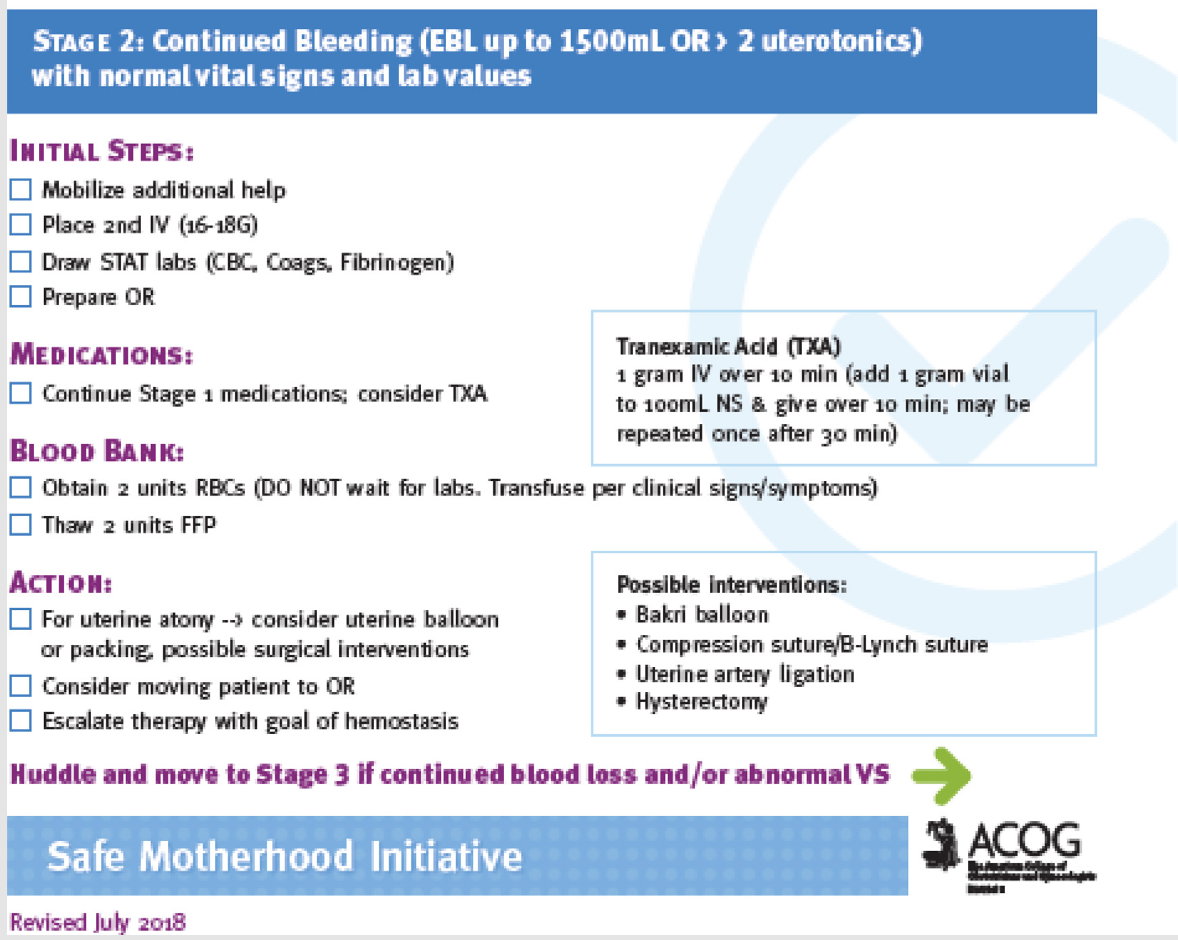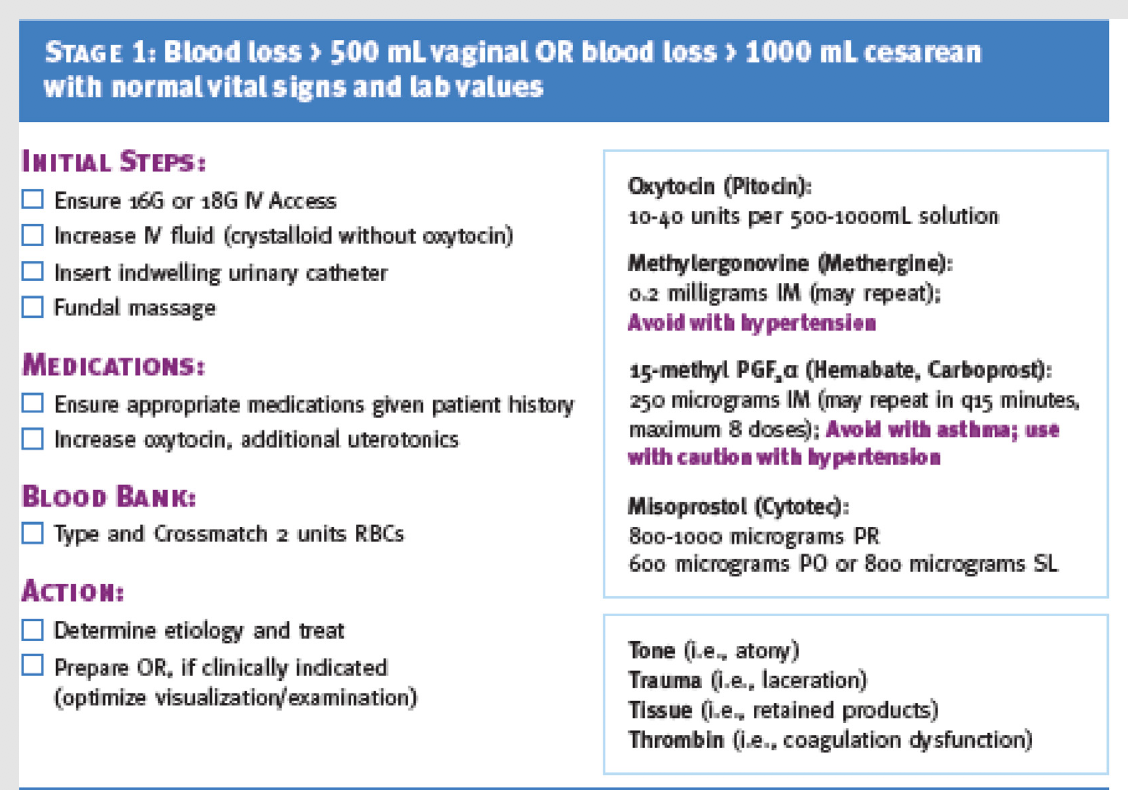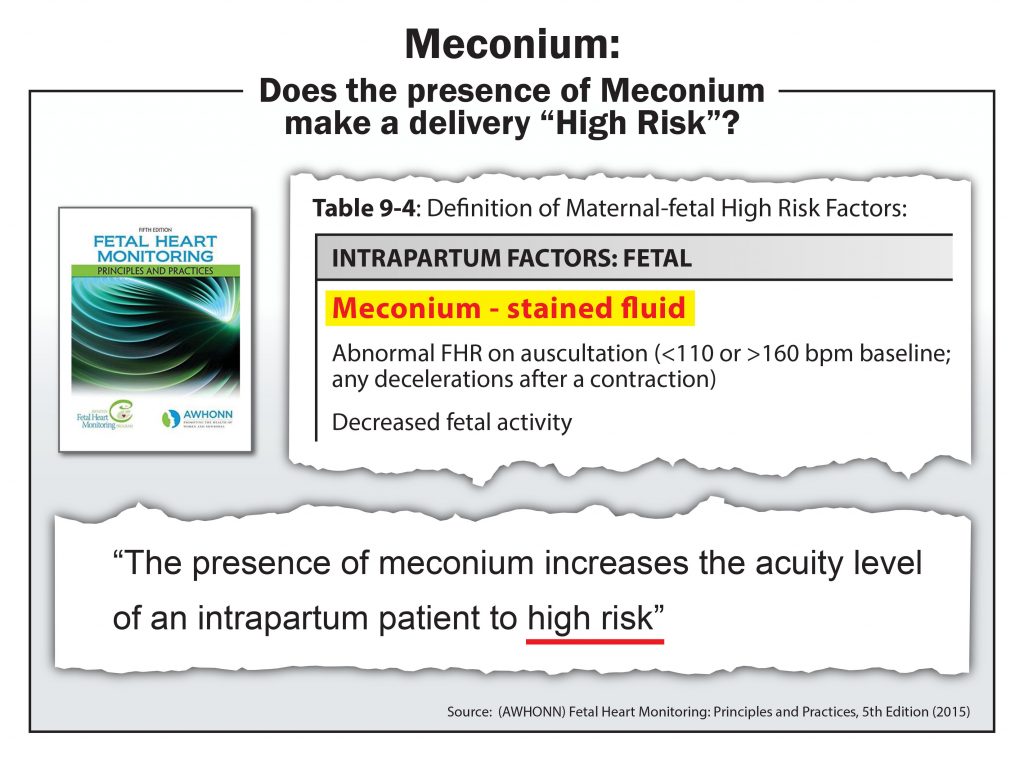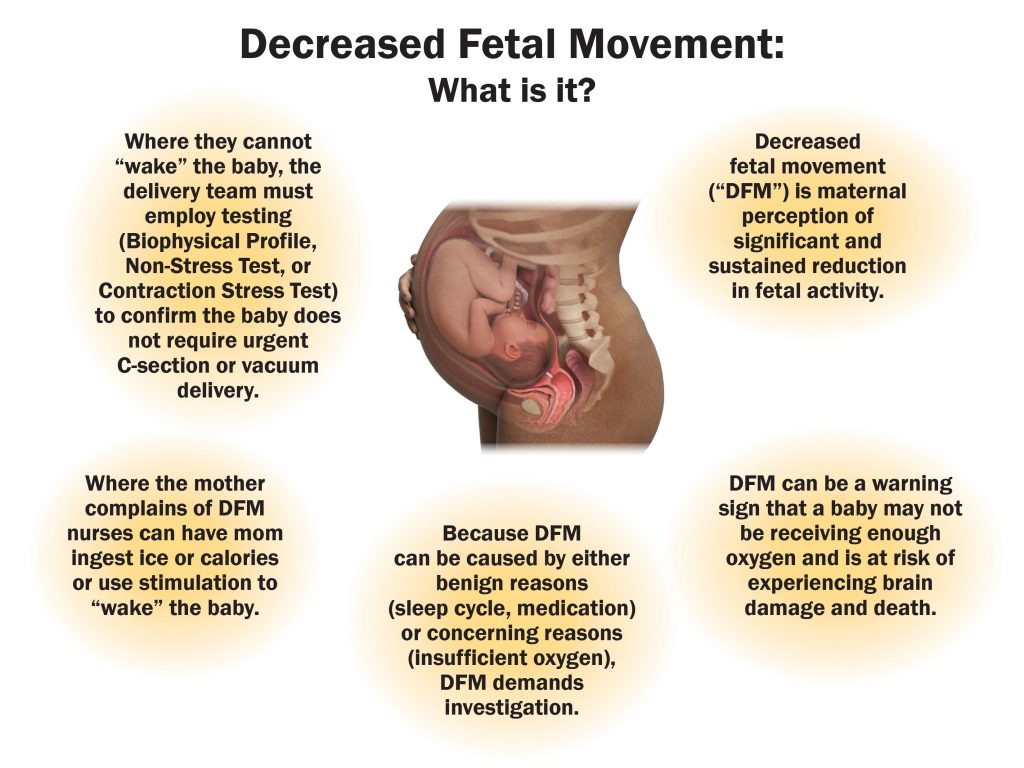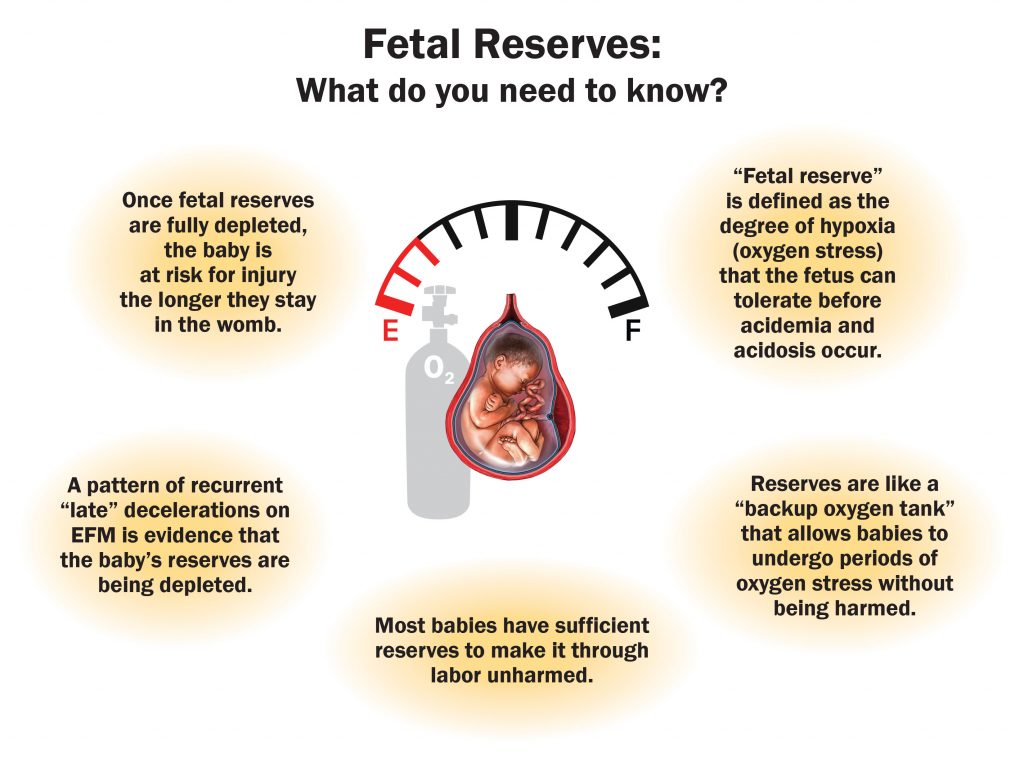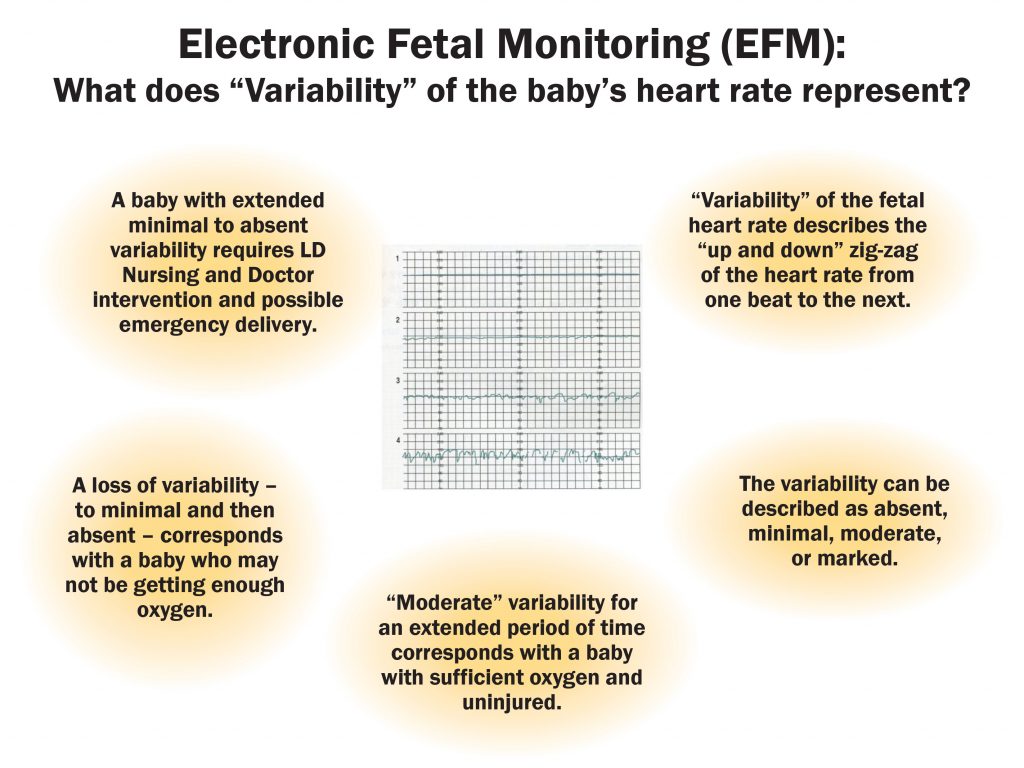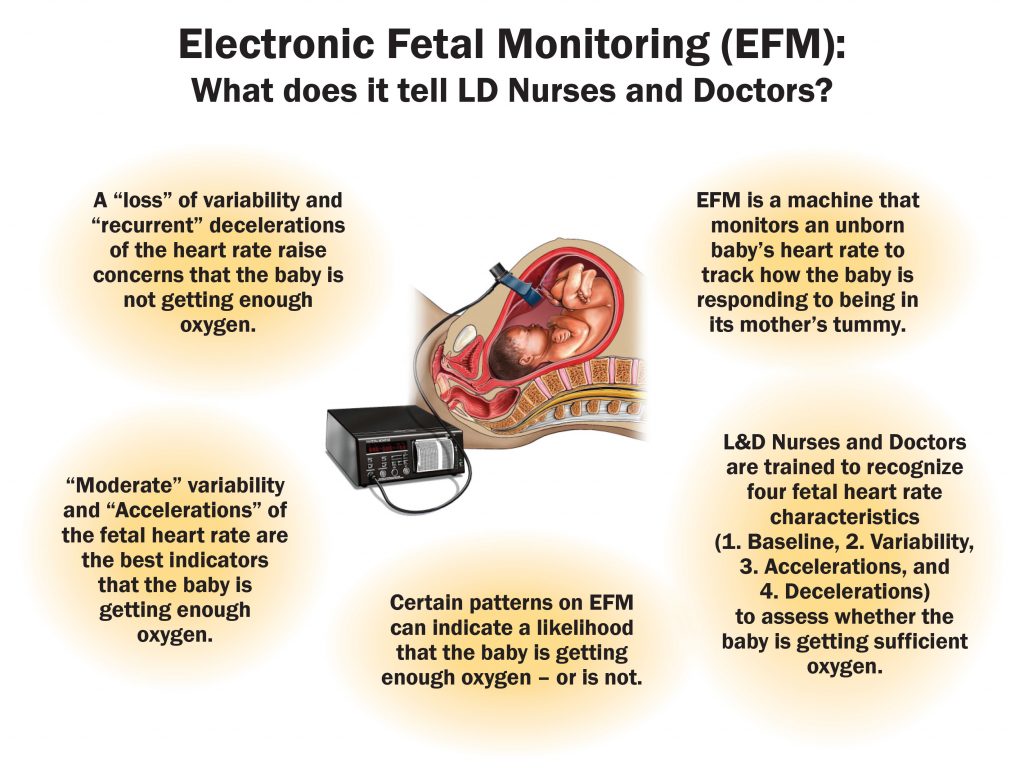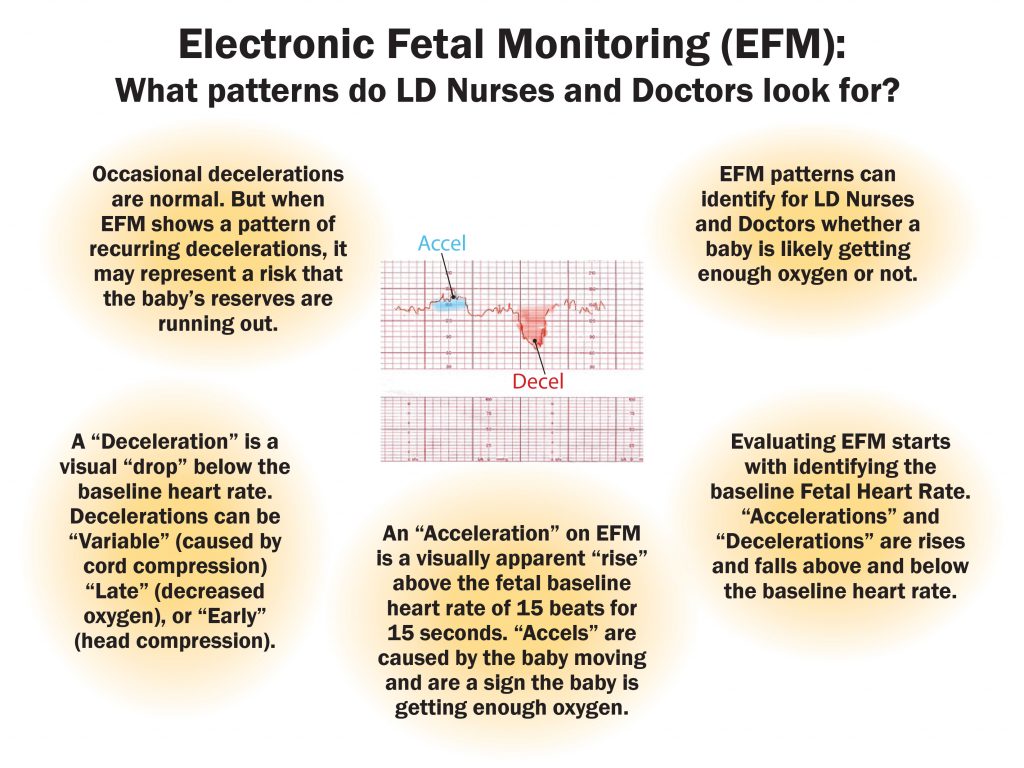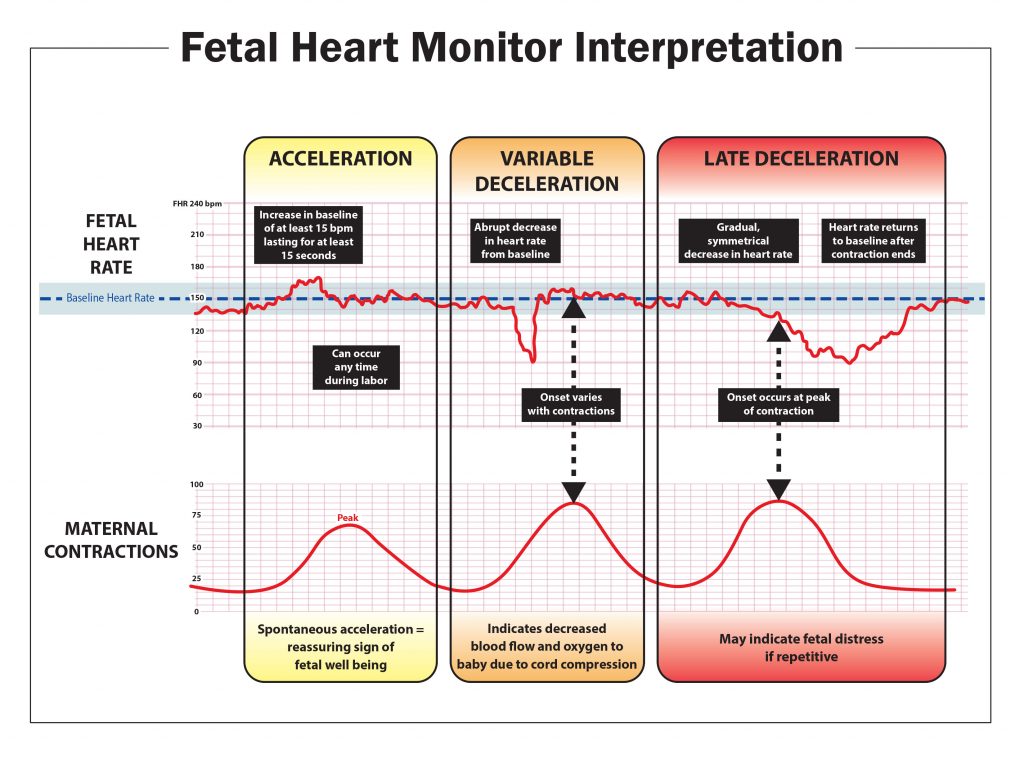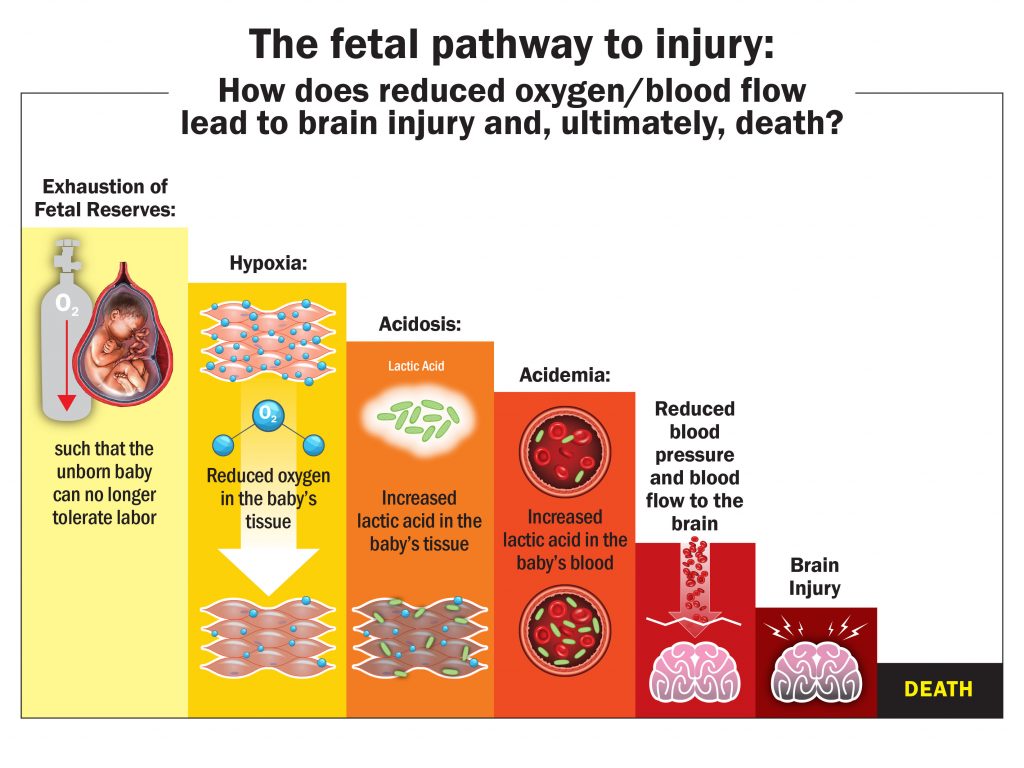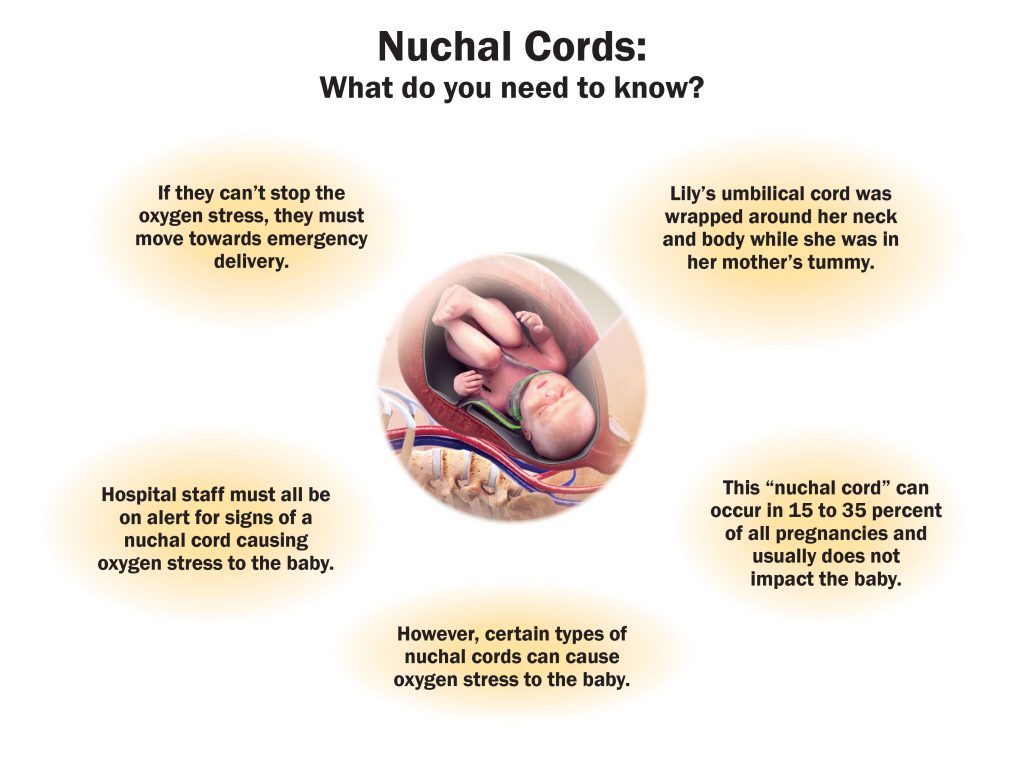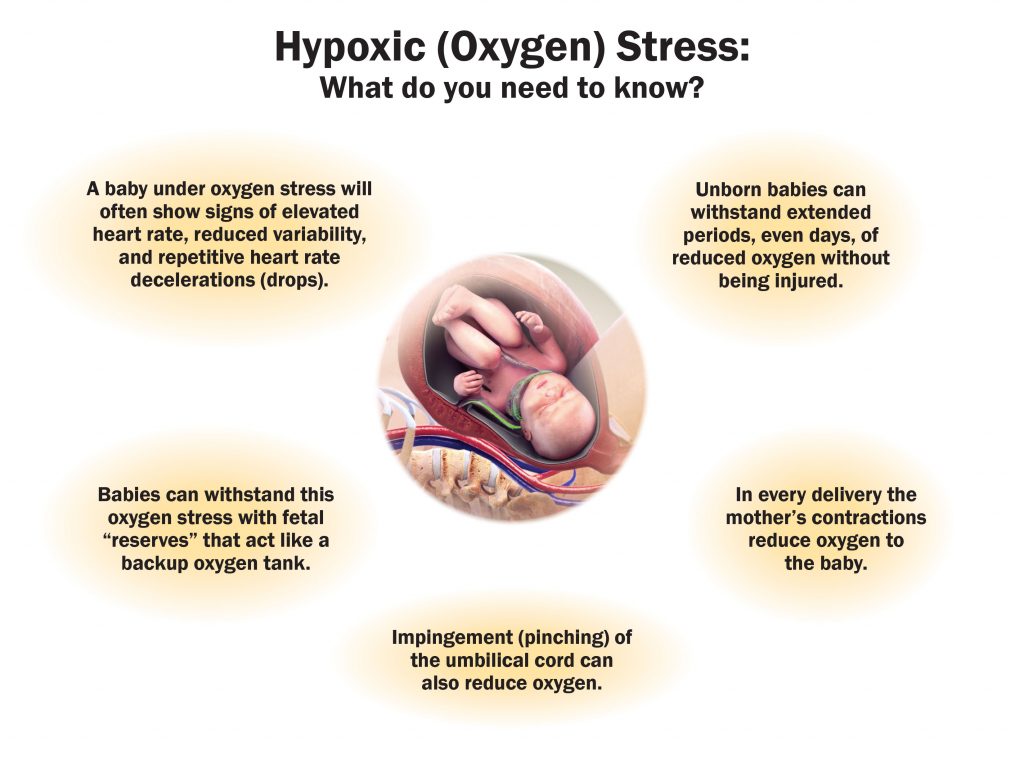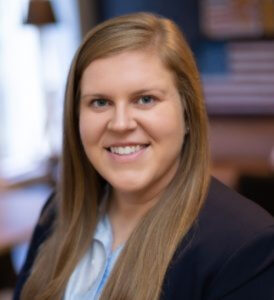(The following article was written by Nelson Tyrone for American RSDHope.org. It is presented in 3 parts. See below for Part 3 of 3)
3. The Need For Medical Testimony From Your Treating Doctors.
Up until now we have only been discussing the “proof of negligence” part of your lawsuit. However there is an equally important part of your suit: the “proof of damages” part.
If you suffer from RSD it may have taken your doctors a while to diagnose it. Many RSD sufferers may have started with an orthopedist or even a family doctor following a traumatic injury that may have seemed minor at the time. If you developed RSD as a result of negligent medical care you may have had post-surgery visits with a neurologist or neurosurgeon.
By the time you are diagnosed with RSD you are likely under the care of an Anesthesiologist / Pain Management doctor. You may also be under the care of a Physical Rehabilitation Medicine Doctor. Over the course of your care you will likely be treated by Physical Therapists. You may also followed by a Psychiatrist. Frankly, the list of doctors an RSD sufferer may see before finally identifying a doctor familiar with RSD can seem endless.
Once you are under a competent doctor’s care for treatment of your RSD your doctor may have identified a long list of treatment modalities including prescription medications, Stellate Ganglion Blocks, Ketamine or a trial of a Spinal Cord Stimulator or an Intrathecal Pain Pump.
Whatever the treatment you have received following your diagnosis of RSD it is likely to have involved several doctors and a long course of attempts at different treatment options.
So, the question arises: how do you get these doctors to testify “against your” doctor?
Once again, “you” don’t. But not for the same reasons we discussed above. Most injured people involved in lawsuits find that their treating doctors are willing to offer testimony about the doctors’ treatment and about the patient’s injuries. This is often the case when the injured person has brought a medical malpractice case as well.
The reason is this: your treating doctors are not testifying “against” your doctor. Your treating doctors will often be in a different medical specialty than the Defendant-Doctor in your case. For that reason they will not be asked to provide an opinion that your doctor was negligent or that your doctor violated the standard of care. That is not their role. Their role is simply to treat you. And any role they have in your litigation will simply be to provide testimony about the treatment they provide you, their diagnosis of your condition, and, often, their opinions regarding medical treatment you are likely to need in the future.
CONCLUSION:
Medical testimony in RSD cases is always necessary. In any litigation involving a client who suffers from RSD the lawyer will need to be familiar with the best experts in the country in order to prove your injury to a jury (or adjuster for settlement) and to help the jury understand exactly what you suffer on a daily basis and what RSD has taken away from you – and what RSD has left you with.
Medical Negligence cases are no different. The best experts only work with the “best” lawyers – that is to say, lawyers whose reputation in their field gives the expert the confidence to sign on to work with them.
In any litigation, if you suffer from RSD you need to find a lawyer who believes in your injury, who understands your injury, and who knows how to convey the full extent of your losses to a jury. Once you have done the work to pick the best lawyer, your job is to be the patient (and the client) and to leave the “lawyer-ing” to them.
Nelson Tyrone
TYRONE LAW FIRM
nelson@tyronelaw.com
www.tyronelaw.com
Nelson Tyrone is the principal of the Tyrone Law Firm in Atlanta, Georgia. He has obtained record verdicts and settlements in Georgia on behalf of clients suffering from RSD in 2009, 2010, 2011, and 2012. He is currently representing clients who suffer from RSD in lawsuits in Georgia, North Carolina and Mississippi and is consulted by lawyers from across the United States on RSD cases.
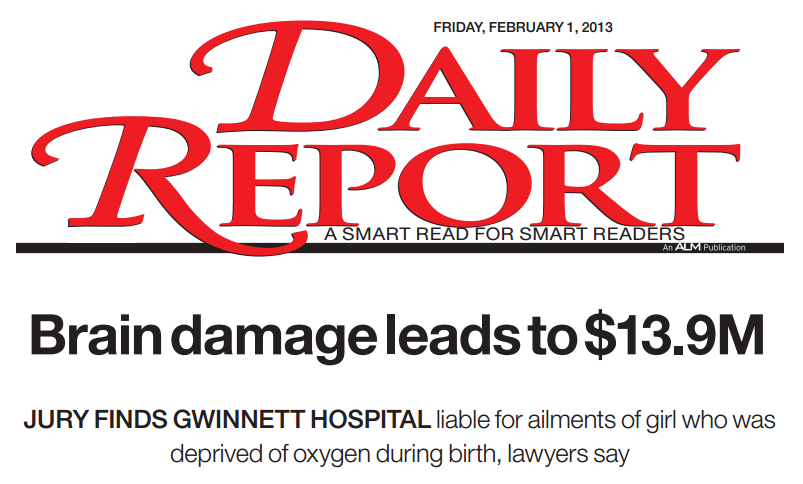
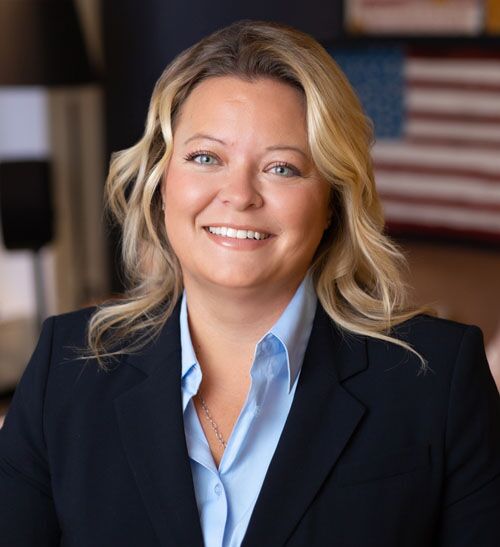
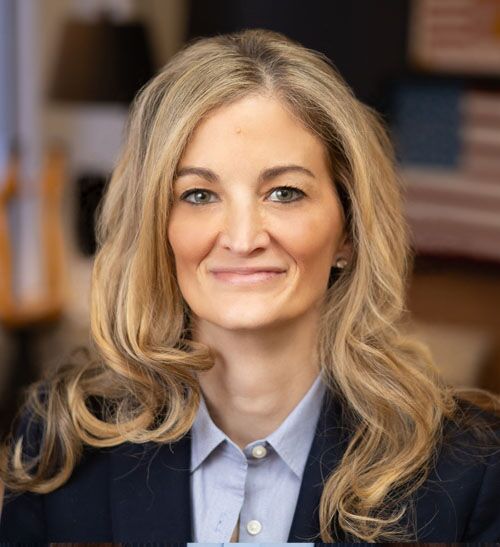

 Hayley serves as a Labor and Delivery Nurse Consultant for the Tyrone Law Firm. She attended and graduated Cum Laude from the University of Georgia in 2004 with a Bachelor of Arts degree in Journalism/Public Relations. After graduation she moved to the gulf coast where she pursued a career in real estate and development.
Hayley serves as a Labor and Delivery Nurse Consultant for the Tyrone Law Firm. She attended and graduated Cum Laude from the University of Georgia in 2004 with a Bachelor of Arts degree in Journalism/Public Relations. After graduation she moved to the gulf coast where she pursued a career in real estate and development.